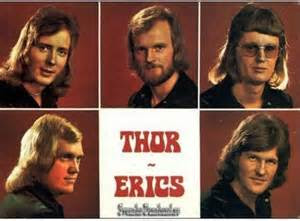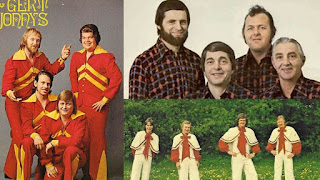But 'on a daily basis' has only itself replaced the previously universal '24/7' as an even more long-winded way of saying 'every day'. This is part of a growing tendency for catch-phrases and colloquialisms to be more of a mouthful than the word or phrase they replace (see: http://robocono.blogspot.com/2014/10/a-lexicon-of-transatlantic-prolixity.html), a reversal of what might be called the vernacular imperative through much of history.
It parallels the proliferation of products giving an illusion of choice which conceals an actual reduction of choice that is one of the hallmarks of late model capitalism, as for example with beer, as I've already pointed out: http://robocono.blogspot.com/2015/09/booze-ocide.html.
Not only are more words used to say the same thing, but the use of certain words and forms of words seems to be seen more and more as essential. Nothing new about that of course, catch phrases and words that constantly come in and go out of fashion have always been a feature of the pronouncements of journalists and spokesmen, businessmen, or 'experts' from any walk of life. That happens as a kind of overspill from what is properly called jargon - the specialised vocabulary that people working in any particular field use to communicate about their particular field with each other.
No, the thing is that ordinary people now use deracinated jargon with each other, to talk about things in daily life. Jargon often uprooted from the world of 'spokesmen' (and women of course), and usually spun out of nothing by PR functionaries, the language of the press release and the company prospectus.
Take 'problem', for instance. Someone in some PR company in the US in the 80s decided this word has negative connotations - which, of course, it does, by definition - so they co-opted the word 'issues', previously meaning: things which have come to be (as, originally, in the specific sense of 'progeny'), or developments which have appeared and need to be discussed, in the sense of 'I would take issue with you over that'.
This substitution became common usage among the different professions, and then spread to the general population. So now we have two words used interchangeably; one with a very specific meaning, and one which now has two meanings, with the original meaning with all its subtlety being eclipsed. Same thing with 'just', which used to mean only just, or precisely, and now substitutes in every case for 'only': 'The murderer's victim was just 18.'
For other examples of those words whose boxes have to be ticked if any statement of any length is to attain credibility or be taken seriously, I give you:
'passion', 'icon' (in all its forms, 'iconically iconic icon' sounding horribly inevitable), 'vibrant'/ 'vibrancy'.
These words aren't longer, or have more syllables than words they replace, because they don't replace any other words. For instance, it didn't used to be thought necessary, for, say, a job applicant to spell out in their application the fact that they had some kind of leaning towards or interest in the subject or nature of the occupation.
Next time you hear someone say the word 'inappropriate', pause to think if they actually mean anything other than 'bad'.













